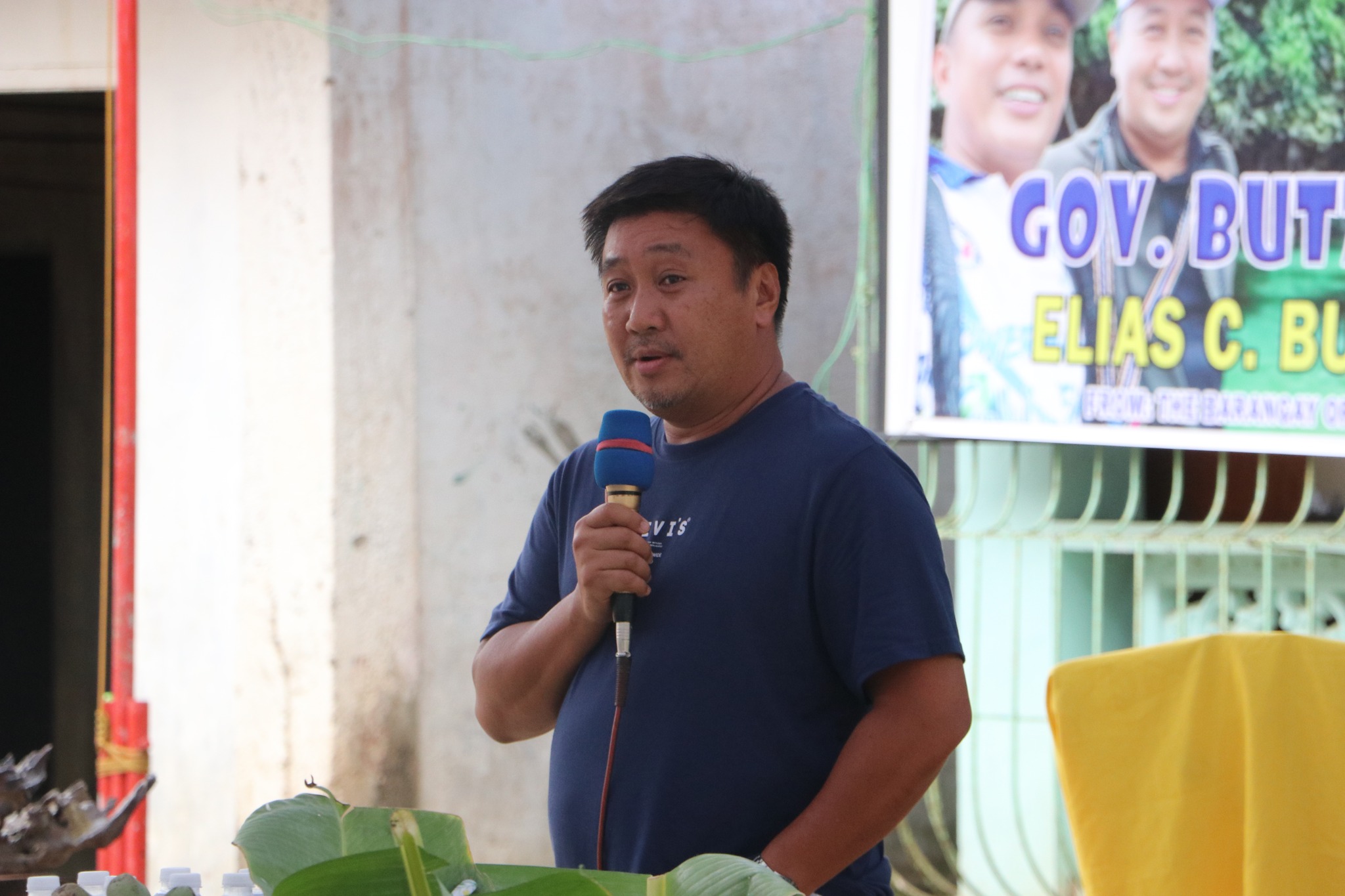The Department of Agriculture–Regional Field Office Cordillera’s (DA-RFO CAR) Kabuhayan at Kaunlaran ng Kababayang Katutubo (4K) Program conducted a comprehensive validation of the various projects proposed for funding in 2024. This was done in collaboration with the Kadaclan Indigenous Peoples Organization (KIPO), representing the Kadaclan Ancestral Domain, and the Municipal Agriculture Office of Barlig municipal government in Mountain Province. The community validation and consultation saw the participation of representatives from each of the five barangays, focusing on essential initiatives to enhance crop and livestock production.
Through the validation process, the feasibility and priority of projects were evaluated, focusing on sustainability and community engagement. Small agri-infrastructure projects in barangays Lunas, Kaleo, Chupac, and Ogo-og of Barlig, as well as barangay Banao of Natonin, also in Mountain Province, were assessed to determine their feasibility and specifications for the preparation of the Program of Works and Detailed Engineering Designs. Following the validation, an exit conference was held to present the initial findings and project process. Having gained prior experience in implementing infrastructure projects in 2023, KIPO’s experience led to a streamlined discussion without significant deliberation on the matter. It was ensured that these projects would be implemented under the same reimbursement scheme as in 2023.
The livelihood initiatives prioritized for the year include swine raising, sugarcane cultivation and processing, sasso chicken rearing, acquisition of equipment for coffee processing and heirloom rice production, and the cultivation of ponkan and mandarin oranges. The participants were encouraged to diversify and maximize existing resources while also advancing coffee and heirloom rice cultivation. This acknowledgement stems from recognizing their potential for economic growth and sustainable development within the community. Discussions during the consultation addressed concerns such as sourcing of swine and native chicken to mitigate the risk of African Swine Fever and challenges in determining the number of beneficiaries and ensuring long-term benefits. Emphasis was placed on strategic planning beyond policy formulation.
Future meetings were planned for the support of households with coffee production areas and existing coffee trees, and infrastructure and livelihood policy discussions, with barangays tasked with the inventory and coordination with relevant authorities. The Panaba CSC representing the National Commission on Indigenous Peoples was present, ensuring compliance with the Free, Prior, and Informed Consent (FPIC) process. By Nympha Akilith
















